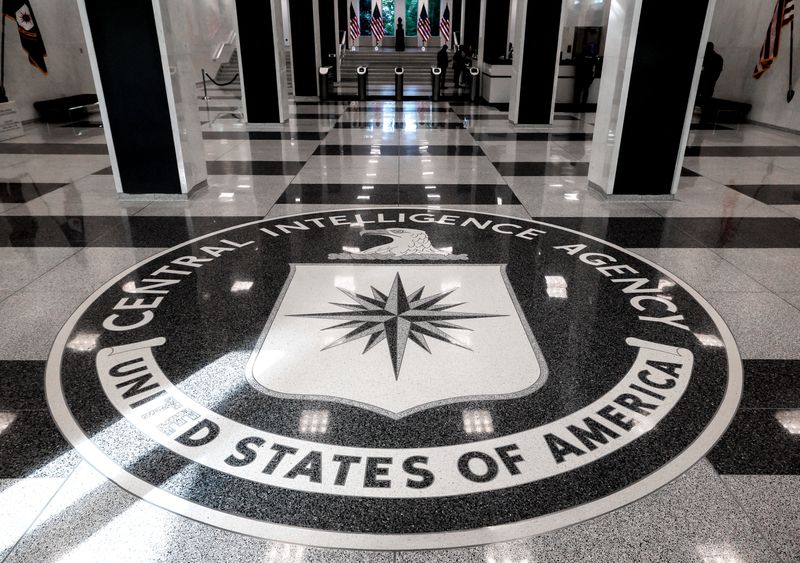WASHINGTON (Reuters) - The U.S. Central Intelligence Agency’s future will be defined by America's ongoing technology race with China, agency director William Burns said on Wednesday during a Senate hearing.
Burns’ remarks followed the release of the Annual Threat Assessment of the U.S. Intelligence Community, which pointed to China as the biggest national security threat facing America. The report cited China’s robust use of cyber tactics to surveille Americans, its success at stealing intellectual property, and ability to acquire foreign technologies.
"I think the revolution in technology is not only the main arena for competition with the People's Republic of China,” Burns testified. “It's also the main determinant of our future as an intelligence service as well.”
The CIA director was speaking during Congress’s so-called Worldwide Threats hearing, also featuring other heads of the U.S. intelligence community, including National Security Agency Director Gen. Paul Nakasone, National Intelligence Director Avril Haines, Defense Intelligence Agency director Lt. Gen. Scott Berrier and Federal Bureau of Investigation Director Christopher Wray.
The intelligence directors said Beijing poses a variety of threats to US interests, including using hackers.
If Beijing feared that a major conflict with the United States were imminent, it “almost certainly would consider undertaking aggressive cyber operations against U.S. homeland critical infrastructure and military assets worldwide,” the report said. “Such a strike would be designed to deter U.S. military action by impeding U.S. decision making, inducing societal panic, and interfering with the deployment of U.S. forces.”
The report pointed to China’s “expansion of technology-driven authoritarianism globally,” citing its aggressive efforts to control and manipulate the free flow of content globally. It also asserted that China is “almost certainly” capable of launching cyberattacks that could take out critical infrastructure services, including against oil and gas pipelines, and rail systems.
Mirroring how Beijing’s security apparatus collects a large amount of health data on its population, the U.S. intelligence agencies wrote that China had gathered U.S. health and genomic data through cyber breaches and the acquisition of U.S. companies.

Gen. Nakasone, the NSA director, testified China's cyber operations have grown more aggressive recently.
“With regards to China we see an increasing degree of risk taking that they've undergone with regards to stealing our intellectual property, even increasing their influence operations,” Nakasone said. “These are concerning efforts for us.”